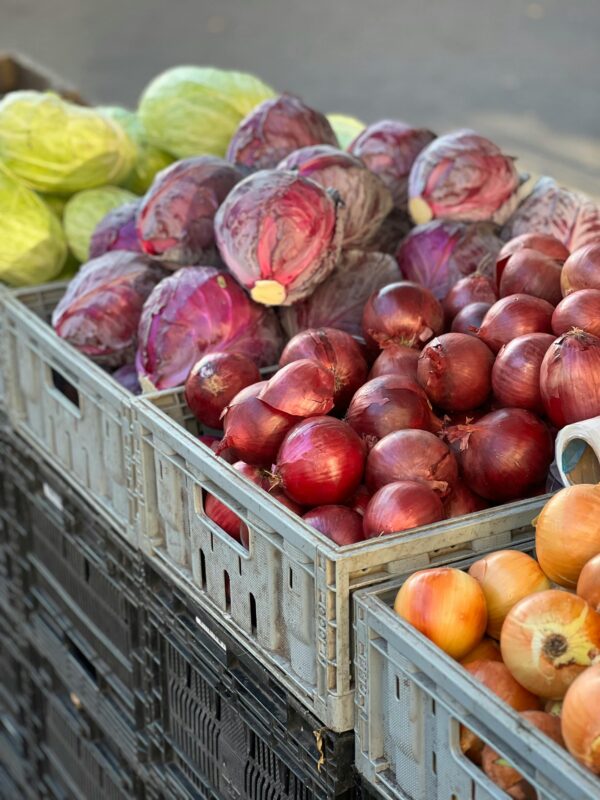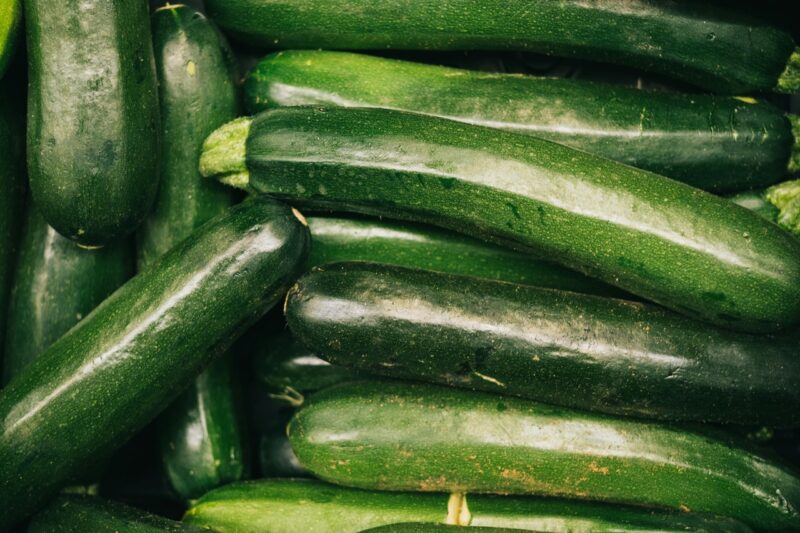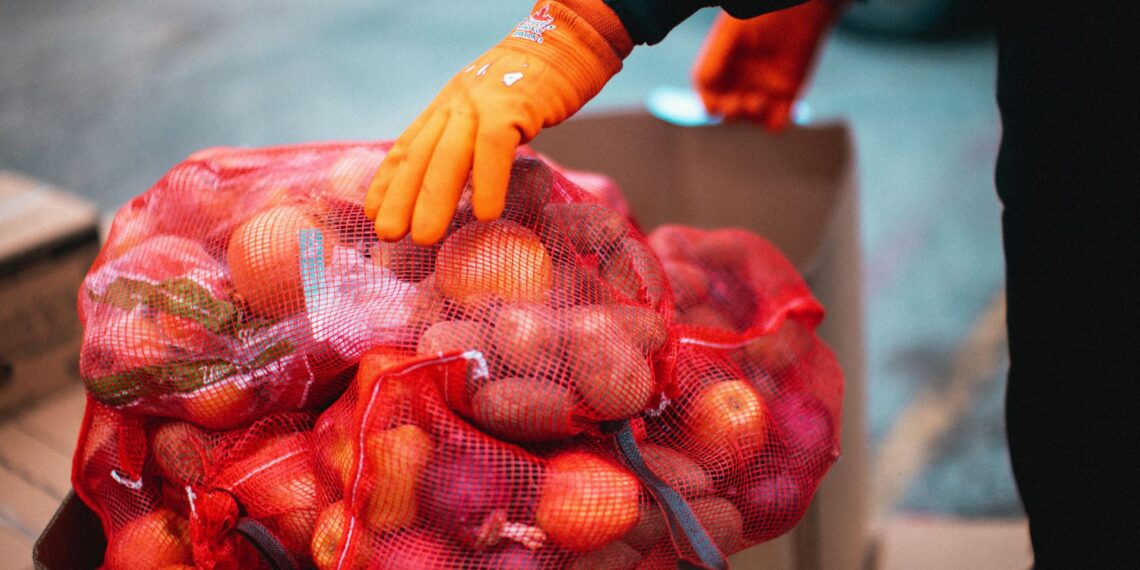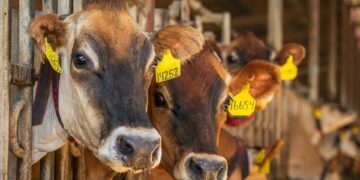Farming today is about much more than producing crops or raising livestock; it’s about building a profitable, sustainable business.
Steven Francis, CEO and founder of Franchising Made Easy, shares practical strategies to help farmers move beyond basic production and turn their operations into thriving agribusinesses through value addition.
He encourages farmers to see themselves as agripreneurs, as business owners who maximise profits, strengthen cash flow, and open doors to new markets. From identifying high-value crops and leveraging proper packaging and branding to diversifying production, understanding market demand, and adopting strong management practices.
Eight steps to farming success
Francis offers the following eight tips for farmers to grow their operations strategically:
- See yourself as an agripreneur
Francis emphasises that farming should be approached as an entrepreneurial activity. Farmers are encouraged to view themselves as business owners, not only as producers. Structured mentorship and guidance can assist farmers in developing the necessary entrepreneurial mindset, particularly for those starting with small-scale holdings.
“It’s important to have a mentor to guide them along to grow their businesses from a small-scale holding to commercial farming in the future.”
Related stories
- Maize farmer Matsole builds empire on education and hard work
- The farmer’s guide to supplying fresh produce to markets
- How to compile a winning agribusiness plan
- Export ready? Here’s what to know about Sacu
- Identify opportunities for value addition
Value addition is the key differentiator that turns basic production into a profitable agribusiness.
Francis highlights, “If they’re creating wealth in the short term to strengthen the cash flow of the business, they should be looking at fast-moving produce. Every 30-day cycle, they could harvest peppers ready for market. They must be smart enough to look at opportunities of generating cash as quickly as possible.”
However, producing quickly is only part of the equation; how the product is presented to the market is equally important. He emphasises the importance of branding and packaging on every farm, ensuring that produce is handled professionally and consistently. Proper packaging and clear branding allow farmers to establish their farm’s identity, present themselves as business owners, and create immediate value for customers.

- Diversify crops strategically
Diversification is both a risk management strategy and a value-adding tactic. “Farmers [in the same area] should not all grow the same crops. With an effective market access system in place, one farmer can focus on spinach, another on tomatoes, and another on peppers. By coordinating in this way, produce can be sold more efficiently and quickly,” Francis advises.
He encourages farmers to focus on complementary crops and stagger harvests to keep cash flow consistent and satisfy market demand.
- Understand your market
Successful agripreneurs tailor their production to market needs. “The most important thing is to help farmers understand who their market is going to be. For example, if the customer wants spinach in large quantities, because the turnaround on spinach is quicker, cash flow can strengthen in the bank account, so they should be planting more spinach to target those customers.”
Francis also points out that the use of tools such as the Johannesburg Stock Exchange Equity Derivatives, formerly known as South African Futures Exchange (Safex), provides transparent futures prices for commodities like maize and wheat, which are then used as a benchmark (or base) to determine the farm gate price.
Conducting market research allows farmers to align their products with demand, price them appropriately, and ensure steady revenue.
- Build management and technical skills
Strong farm management and technical skills underpin sustainable agribusiness, including planning, finances, procurement, and production methods.
“We also look at financial discipline, managing the business profit and loss, or management account, annual financials, helping them to understand taxation, helping them to also understand and appreciate the importance of benefiting from rebates from the South African Revenue Services (SARS) for emerging farmers,” Francis explains.
He stresses that efficient farm management maximises production quality and enables scalable value addition.
- Leverage mentorship
Mentorship accelerates growth and ensures the farm business stays on track.
Francis notes that structured mentorship builds confidence, provides accountability, and equips farmers with the skills to scale their operations. “Mentorship becomes the fundamental catalyst for growth among this sector of farmers.”
- Target local and export markets
Value-added and high-quality produce enables access to both domestic and international markets. By aligning production with market demand and maintaining quality standards, farmers can pursue opportunities in retail and export sectors, expanding their customer base and increasing profitability.
“Farmers have greater opportunities to access export markets. For example, violet, red, and green peppers are in high demand in South Korea, while baby marrows are popular in Mauritius. Producing such crops can open virtually limitless market opportunities,” Francis says.

- Have a mindset shift towards growth
“When we do the diagnostic assessment on the farm and the farmer, we also do a SWOT [Strength, Weakness, Opportunity, Threat] analysis to establish the strength of the farmer as an individual,” Francis says.
This process reveals common barriers that hold many farmers back, particularly a sense of fear or hesitation when stepping beyond their comfort zones. By acknowledging these fears, farmers can develop the confidence to take calculated risks, explore new markets, adopt innovative practices, and scale their operations strategically. Francis adds that this self-awareness and mindset development are critical.
READ NEXT: Maintaining organic matter: Key steps to boost soil health
















